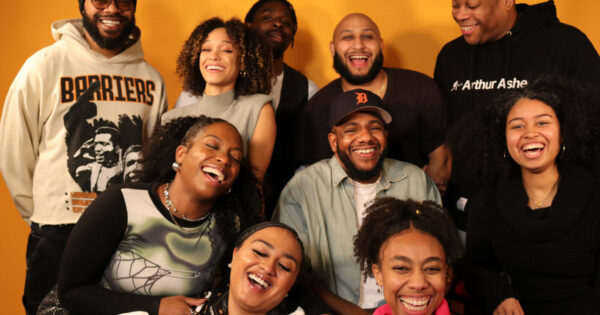
[ad_1]
Picture this: I’m a business affairs executive working at one of the most well-known creative agencies in the world. I’m in the office, and I look up as one of my co-workers gives me a familiar “good morning” head nod. I notice he is wearing an untied durag draped around his shoulders. Just then, another co-worker sporting a stylish hair pick sticking out of his afro also passes by and smiles and nods.
At first, I have a knee-jerk internal dialogue urging me to pull each aside and tell one to take off his durag and the other to take out his pick! Thankfully, I quickly checked myself. I was conflicted and admittedly disappointed in myself for even entertaining the notion that my two co-workers were “inappropriate” or “unprofessional” in the workplace. After all, I remember the profound disillusionment and insecurity I felt early in my career when I was warned against bringing “too much of myself” to work. For me, the subtext was that embracing my Black identity was not welcomed or accepted in professional spaces.
Today, Black Gen Z and millennials are confidently showing up to work, unapologetic about presenting their hair in ways suitable to the eyes of anyone other than themselves. We see hairstyles such as boho braids, cornrows, twist-outs, locs, silk presses, every type of blown-out or natural curl, afros, colorfully dyed low cuts and fades abound! These are the brilliant minds behind the multimillion-dollar creative ideas that drive billions of dollars in sales for multinational Fortune 500 and 100 companies.
It is becoming abundantly clear that working in an environment that celebrates diversity and champions individuality can lead to a surge of creativity that can take brands to the next level.
The current state of race-based hair discrimination
For as long as we have been allowed to climb the corporate ladder, Black people have continued to face waves of overt and covert discrimination in the workplace. Seemingly innocuous views and policies around professionalism have gaslit us into believing that Eurocentricity is the only acceptable standard. It comes as no shock that back in 2016, an MBA student’s discovery went viral when she Googled “unprofessional hairstyles for work” and received numerous image results of Black women with natural hair, while “professional” ones featured pictures of white women.





